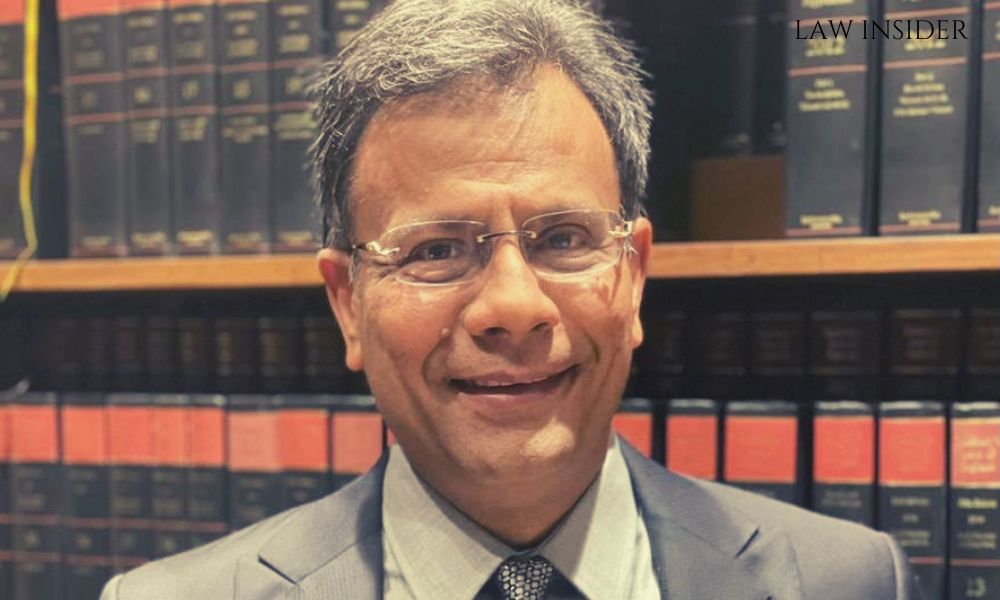Shivani Thakur
Published on: June 16, 2022, at 15:57 IST
Delhi High Court, Senior Advocate and former Additional Solicitor General for India, Aman Lekhi asserted that, “the government’s stand in cases of public importance must be known”.
“The Government cannot possibly be indifferent to issues of public importance, and the view of the Government should be known and should be expressed with utmost clarity,” he emphasized.
The senior lawyer was speaking at a panel discussion organised by the Oxford and Cambridge Society of India, titled “ Has the bough broken or are we playing the Devil’s Advocate”?
The discussion was centred around the Delhi High Court’s split verdict on the constitutionality of Exception 2 to Section 375 of the Indian Penal Code, which provides that husbands having sex with their wives with consent does not amount to rape.
“Because the courts are soft and in some ways look away, that’s the reason why such incidents are very frequent.”
Discussing the judgment, he remarked, “Because both judges concede that marital rape is wrong. The difference is the method to deal with it, because one is conservative and the other is an activist. That is the perennial problem in law.”
The location of the Exception in the Indian Penal Code, according to Aman Lekhi, had nothing to do with transgressions connected to marriage or morals, but was to be interpreted as a bodily offence.
He stated that paternalism was plainly undemocratic and had no place in logical decision-making in his opinion.
“It negates and nullifies the legal process, it assumes an authority in a body outside the law…It is that other than the victim, a third person knows better and can decide in a more appropriate way what the right course of action is.”
“The woman’s autonomy cannot be, in any way, disregarded, and the right to say no has to be protected. It’ll enforce some kind of order in the social milieu. It’ll be an emphatic declaration of what conduct is to be prohibited. Yes, there’ll be abuse, we’ll deal with it! But let us first set the law right. We set the standards of behavior, that is the purpose of a law.”

